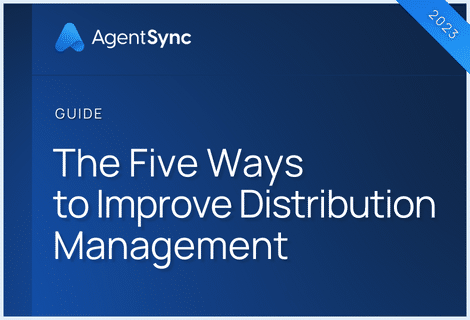

Fun fact: Because of the number of inland lakes and small bodies of water that occupy land mass in the state, Minnesota actually has more coastline than California or Florida.
However, Minnesota’s insurance continued education requirements are not as laborious to comply with as the aforementioned states – the Land of 10,000 Lakes keeps things simple for producers and adjusters alike.
Before we dive in, though, be sure you don’t take our word for it: If you fail to live up to the compliance standards in the states you operate in, that falls squarely on your shoulders. So, if you need to stay in line with Minnesota’s licensing processes, we suggest going straight to the source.
What is the due date for Minnesota Insurance CE Credits?
Minnesota producer licenses expire the last day of your birth month every two years based on the year you were first licensed. Your CE credits are due the same day. To help you keep it straight, Minnesota sends a reminder 60 days before the renewal deadline. It’s like an early birthday present, right?
Who’s exempt from Minnesota Insurance CE?
Nonresident license holders can ignore Minnesota’s requirements, since Minnesota recognizes that being good on the CE requirements of your own state is good enough. There is an exception to this exemption: If you sell long-term care as part of Minnesota’s partnership, you’ll want to scroll on down to the bottom to check out the long-term care CE requirement.
How many hours of CE are required for Minnesota insurance producers?
Minnesota is somewhat unique in that it generally standardizes CE for both producers and adjusters. Both have the same requirements and can count CE crossover to fill their requirements. While many states allow this to some degree, Minnesota is very explicit about it.
Producers and adjusters all need to get 24 hours of CE, with three hours of ethics. Minnesota also explicitly states that – aside from areas like flood insurance, the MNsure marketplace, long-term care, and flood insurance – there aren’t requirements for licensees to keep CE confined to their lines of authority.
Minnesota is also a member of the NAIC Continuing Education Reciprocity agreement, so the state has many options for courses available to licensees. You can also get dual credit for classes you may take to get professional certifications such as are available from the College for Financial Planning.
Minnesota doesn’t allow rollover courses, nor do they allow repeat courses in a single CE cycle. While they allow producers to take classes online and through self-study without needing to have a proctor, the state also puts a limit on how many credits you can earn through an insurer’s seminars. Licensees can only scoop up to 12 hours for company seminars – the rest have to be through other means entirely.
Line-specific CE
As we said, Minnesota does have a few line of authority requirements to stay on top of.
For one thing, MNsure, the Minnesota health care exchange, has specific courses available for brokers and support staff who help consumers register through the state portal. For more information on broker and support staff recertification, check out the exchange page.
In keeping with the National Flood Insurance Program requirements, Minnesota producers who sell flood insurance must take a one-time, three-hour training course.
Those who wish to sell annuity contracts in Minnesota have to first take a one-time, four-hour training course.
Long-term care insurance salespeople also have to take eight hours of initial training before selling long-term care products. After the first training, producers have to complete four hours of ongoing long-term care CE every cycle. Both residents and nonresidents have to take this training, which also has to be specific to Minnesota Medicaid and medical assistance programs and how they interplay with Minnesota Partnership plans.
For more information about state-specific licensing requirements, or to find out how AgentSync can make it easier to operate across multiple states, check out our state pages.
Minnesota Insurance CE FAQs
How do I renew my expired insurance license?
If you missed your deadline and your license has lapsed, you have up to 12 months to reinstate your license for a penalty of double the unpaid renewal fee. After that 12-month period, you’ll be reapplying as if you were a totally new producer or adjuster.

